Today, no nation can find lasting security without addressing the climate crisis. While climate change is rarely, if ever, the root cause of conflict, its cascading effects make it a systemic security risk. The UN Security Council will increasingly be forced to respond to the security impacts of climate change. Our global stability, human development,… Read more »
Climate and Security: What will Norway do during its term as an elected member of the Council?
Today, no nation can find lasting security without addressing the climate crisis. While climate change is rarely, if ever, the root cause of conflict, its cascading effects make it a systemic security risk.
The UN Security Council will increasingly be forced to respond to the security impacts of climate change. Our global stability, human development, and prosperity depend on our collective response to addressing climate change, and on our ability to make our climate action conflict sensitive and our peacebuilding efforts climate sensitive.
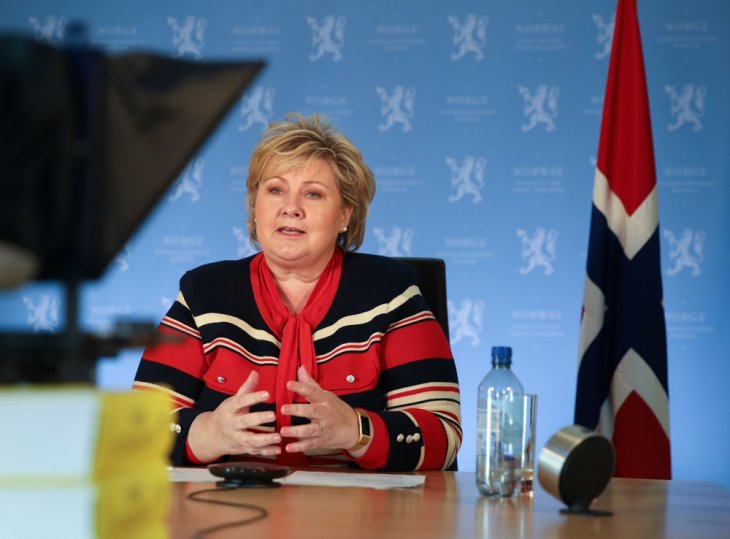
Norwegian PM Erna Solberg speaks at the recent international leaders summit on climate change. Photo: Arvid Samland / Statsministerens kontor
Are Women the Solution to Violent Extremism?
Women can contribute to preventing and countering violent extremism, but the international community’s understanding of their contributions is lacking.
Women are often expected to assume roles as deradicalizing councillors or informants, but depending on context, it may be unsafe and unrealistic to assume that women will take on such roles. If policies designed to combat violent extremism are to be effective, they must be based on the realities of women’s experiences with violent extremism rather than on gender stereotypes.
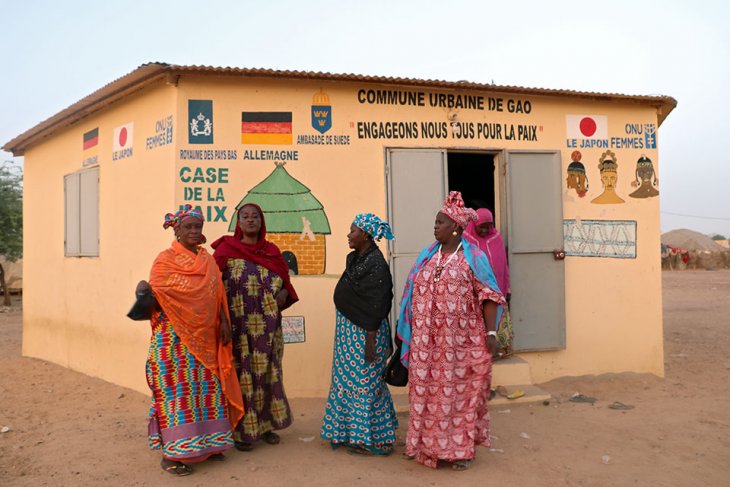
Women outside the Women Peace Hut in Gao, Mali. Photo: UN Women / Sandra Kreutzer
The State and Its Nation-Builders
Our research project ‘Negotiating the nation’ focused on how different people discussed the nation’s borders and questions related to national identity.
Specific parts of this project examined, among other, how «ordinary» men and women thematized national identity, how mayors on 17 May handled the balance between being inclusive but at the same time emphasizing the national, and how the King in his speeches on New Year’s Eve managed the same balancing act.
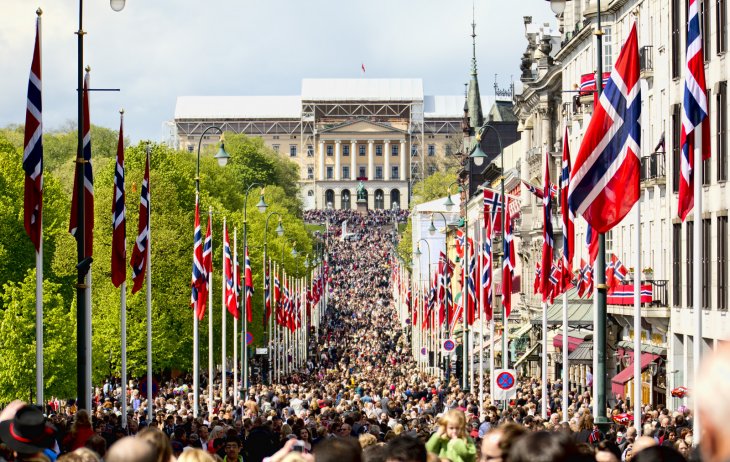
Photo: Bent Tranberg / Flickr
One group in particular was very reluctant to engage explicitly with questions of national identity, namely the backbone of the nation-state, the bureaucrats. Their caution was linked to the exclusionary dimensions of national identity, especially if targeted toward immigrants and national minorities. It is also well known that questions about Norwegianness are often controversial.Read More
Russia Readying for Compromise on the UN Humanitarian Aid to Syria
The UN Security Council is due to make a decision on a particular and particularly controversial issue pertaining to the humanitarian disaster in Syria by July 10, and Russia positions itself as the key part of the problem and a necessary contributor to a solution.
The discord in the UN Security Council (SC) on the issue of delivering humanitarian aid to Syria might appear quite similar to the bitter disagreements a year ago, resolved last minute before the expiration of Resolution 2533 with a barely satisfactory revision and extension for one year.
The meeting of the Council on 29 March 2021 confirmed that the need in aid is greater, not least because of the heavy impact of the COVID-19 pandemic. Yet, the meeting also registered apparently unreconcilable differences between the positions of key providers of aid (including Norway) and Russia (backed by China).
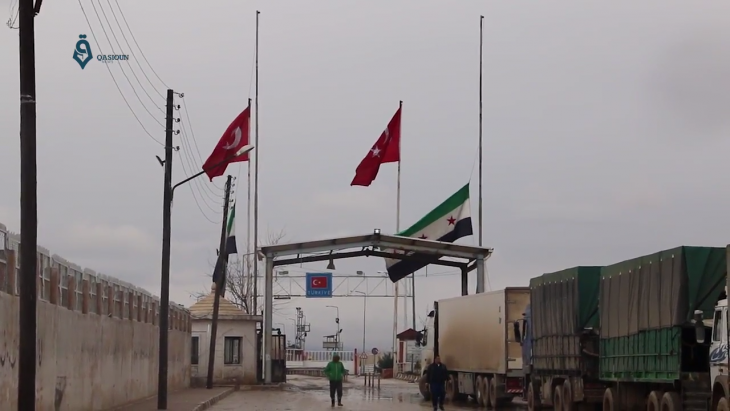
The Bab al Salam border crossing between Turkey and Syria. Photo: Wikimedia Commons
On Words and World-Making: Law professors, power and responsibility
On 6 May 2021, something extraordinary happened in Norwegian academia: in an op-ed in the newspaper Stavanger Aftenblad, Ole Gjems-Onstad, a law professor at BI Norwegian Business School (BI), criticized the Labour Party and 22 July survivors for a lack of self-criticism.
The op-ed was met with disbelief, horror and condemnation by survivors, newspaper editors, politicians and ordinary citizens. BI was quick to emphasize that Gjems-Onstad had expressed himself as a private individual rather than in a professional capacity – and that BI did not share his views about 22 July. At the same time, BI underscored that academic freedom is central to the work of educational institutions.
Here, I will argue that this case is about more than our academic freedom. Putting distance between the institution and Gjems-Onstad and his message is not so simple as deleting the reference to his professional title and with it the credibility that comes with academic expertise.
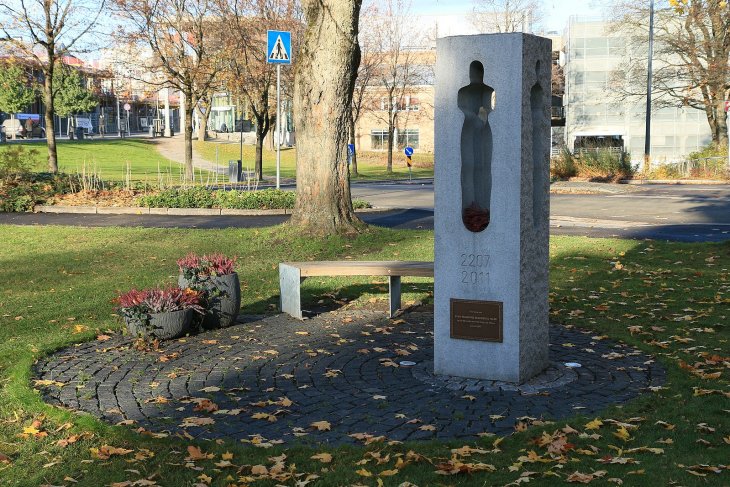
22 July memorial in Gjøvik, Norway. Photo: Øyvind Holmstad / Wikimedia Commons
The Israeli-Palestinian conflict: Notes From a Small Neigboring Island – Lessons from the reactions to the crisis
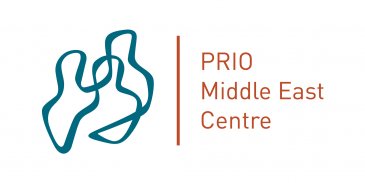 In a series of brief blog posts, researchers of the PRIO Middle East Centre offer their reflections on the unfolding Israeli-Palestinian Conflict.
In a series of brief blog posts, researchers of the PRIO Middle East Centre offer their reflections on the unfolding Israeli-Palestinian Conflict.
Beyond its immediate effects and first reading, the recent crisis in the Middle East has accentuated some emerging issues and lead to reflections of wider applicability.
The Israeli-Palestinian Conflict: Short notes on military technologies
 In a series of brief blog posts, researchers of the PRIO Middle East Centre offer their reflections on the unfolding Israeli-Palestinian Conflict.
In a series of brief blog posts, researchers of the PRIO Middle East Centre offer their reflections on the unfolding Israeli-Palestinian Conflict.
The armed conflict unfolding over the last few days, opposing Israel to the Palestinians, represented some novelties when compared to previous outbreaks.Read More
The Israeli-Palestinian Conflict: The Arab Street and Erdoğan
 In a series of brief blog posts, researchers of the PRIO Middle East Centre offer their reflections on the unfolding Israeli-Palestinian Conflict.
In a series of brief blog posts, researchers of the PRIO Middle East Centre offer their reflections on the unfolding Israeli-Palestinian Conflict.
The conflict in Gaza has once again highlighted the tense relationship between Turkey and the United States with President Erdoğan using incendiary language in his criticism of Israel and its strongest ally, the United States.
Never one to miss an opportunity to profile Turkey’s ambitions to regional power status, Erdoğan’s engagement with the most recent Israeli-Palestinian violence follows a pattern of interventions in Syria, Libya and further afield (in the Armenia/Azerbaijan conflict).
The Israeli-Palestinian Conflict: The Unity Intifada – A Manifesto for Dignity and Hope
 In a series of brief blog posts, researchers of the PRIO Middle East Centre offer their reflections on the unfolding Israeli-Palestinian Conflict.
In a series of brief blog posts, researchers of the PRIO Middle East Centre offer their reflections on the unfolding Israeli-Palestinian Conflict.
As in the waves of anger that erupted in October 2015 and July 2017, the current popular action in Jerusalem represents resistance politics in its most vibrant form.
These contentious collective actions in Jerusalem sparked and inspired an uprising-in-the-making across Palestine that aims to address causes of Palestinian fragmentation and to unify the political will and means of struggle in face of Israeli settler colonialism and Apartheid.
These confrontational actions aim to reset the parameters of the so-called Palestinian-Israeli conflict, and address the power imbalances between the colonized and the colonizer.